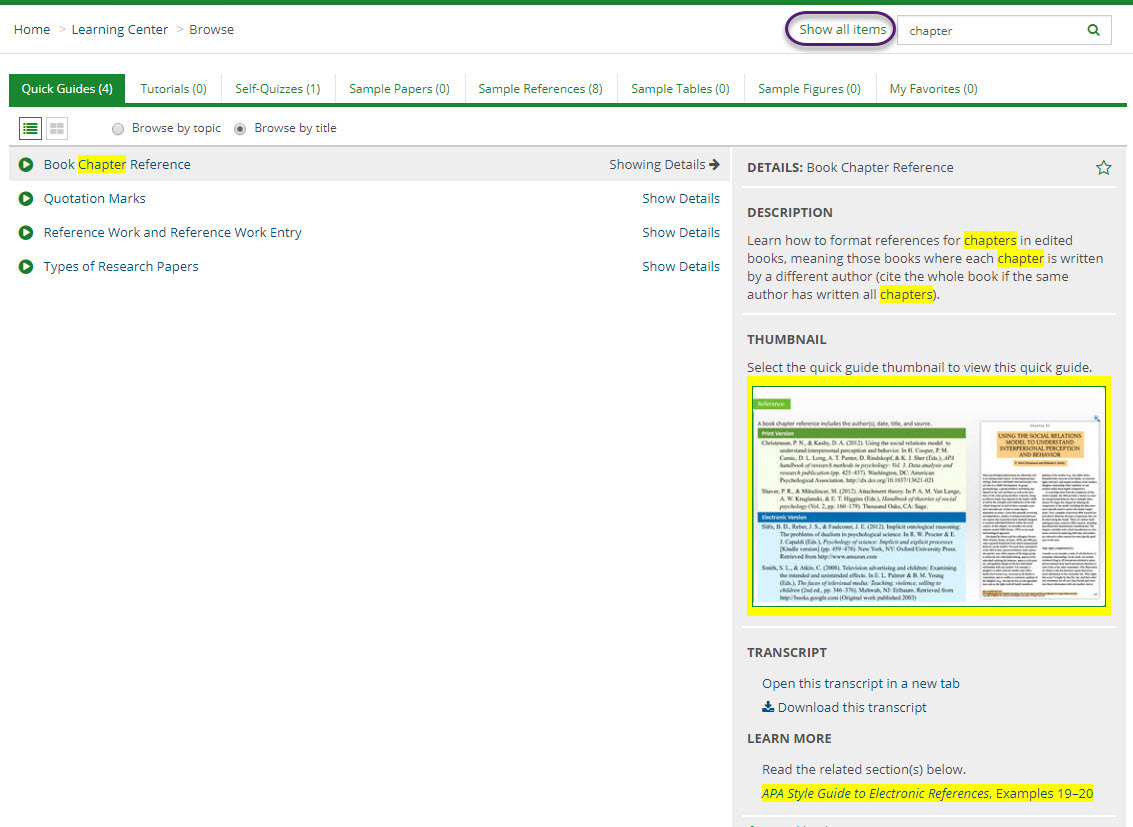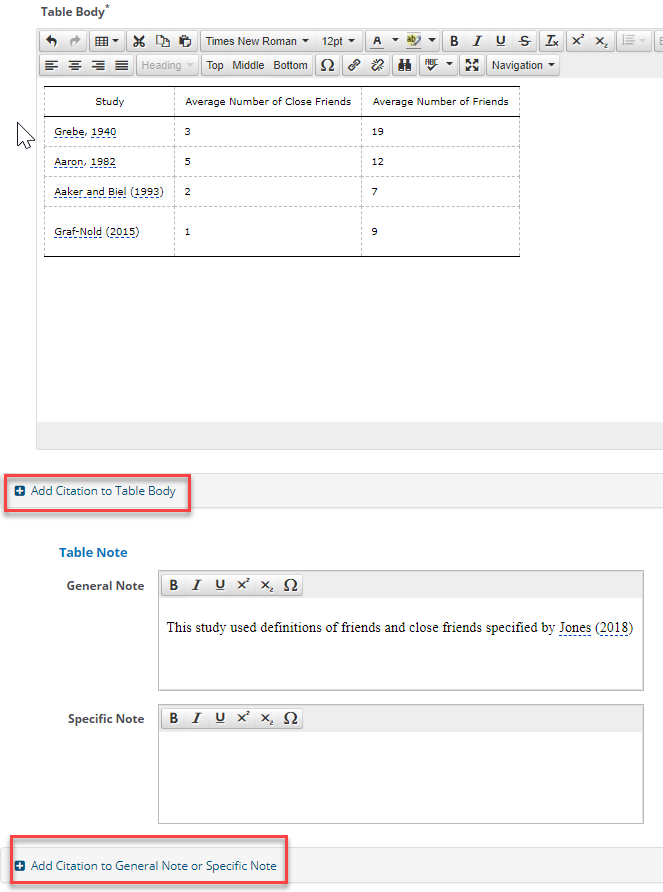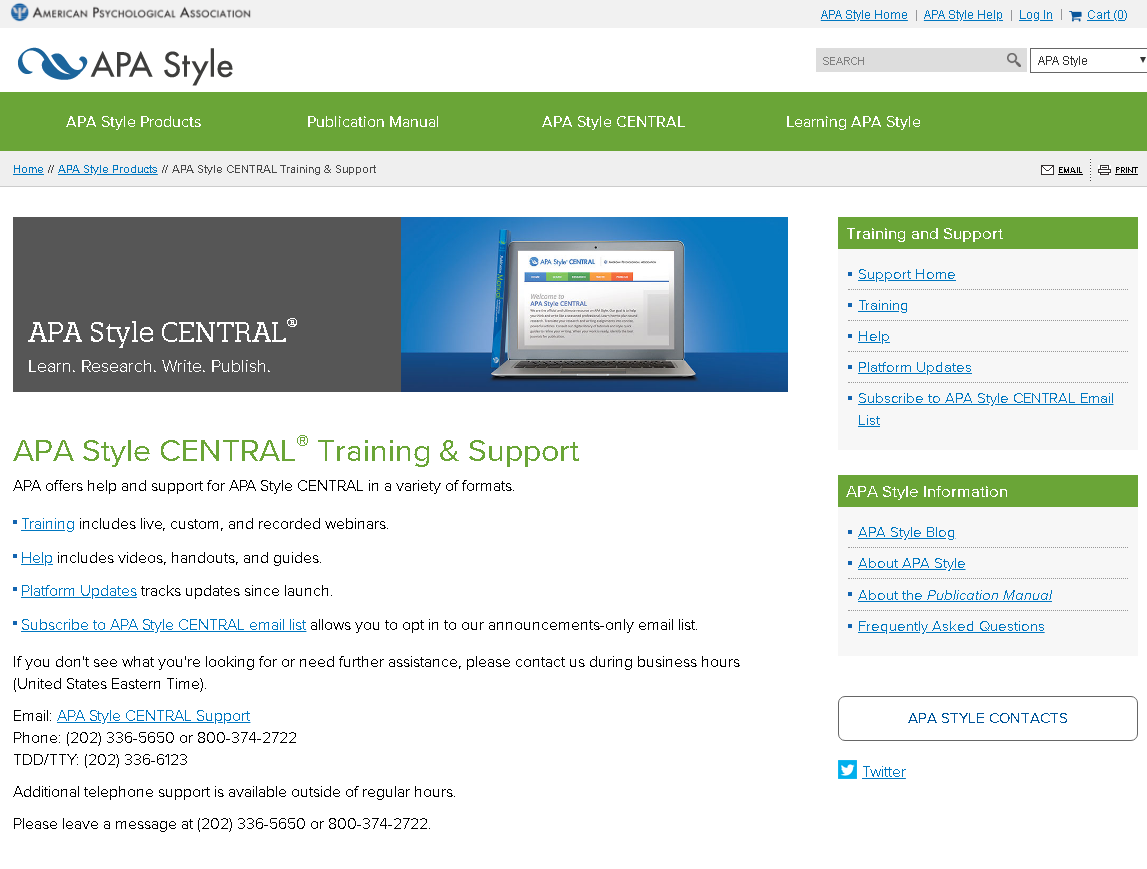Are you attending ALA Annual in New Orleans this year? We’d like to invite you to our sessions!
APA Style CENTRAL User Group at ALA
Sunday, June 24, 2018
2:30 PM – 3:30 PM
APA Style CENTRAL subscribers – Please join us for a user group meeting and share how APA Style CENTRAL is being used on your campus. We’ll talk about ways that the online resource is being used for teaching, learning, and writing. Get tips for incorporating the tool into your workshops and instructions. This is also your chance to provide feedback to the APA Style CENTRAL team. Light refreshments will be served.
Be sure to RSVP if you plan to attend. Walk-ins are always welcome, but priority will be given to participants who register in advance. We hope to see you there!
American Psychological Association Lunch & Learn at ALA
Monday, June 25, 2018
1:00 PM – 2:00 PM
Take this opportunity to explore resources published by the American Psychological Association in greater depth and detail. The session includes an overview of APA resources, information on new releases and forthcoming products, and useful tips for maximizing the efficiency and accuracy of searching with the databases.
Be sure to RSVP if you plan to attend. Walk-ins are always welcome, but priority will be given to participants who register in advance. We hope to see you there!





